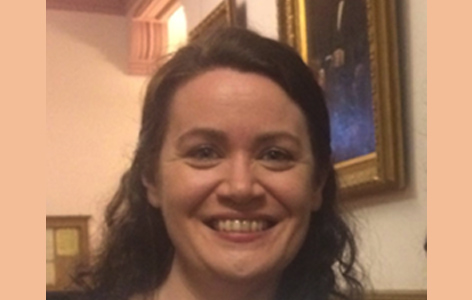
Conference: American Transplant Congress (ATC), June 1–5, Boston, USA
Conference Highlight:
ATC presentations covered a wide range of topics that spanned from clinical advances to novel translational research. The sessions on tissue engineering and the uses of pluripotential stem cells in transplantation represented key highlights of the event.
Conference Summary:
With the support of the Office of Research Trainees (ORT) Travel Award, I had the opportunity to attend the 2019 American Transplant Congress (ATC). The ATC represented an excellent opportunity to learn from and share knowledge with world-leading scientists and clinicians in the field of organ transplantation.
Dr. George Church delivered the Starzl Transplant Surgery State-of-the-Art Lecture, giving a fascinating update on the use of synthetic organs in transplantation. In particular, he presented on some of the issues relating to xenotransplantation and the development of humanized pig organs. With a similar goal of increasing tissue and organ availability for transplant, Dr. Doug Melton delivered the Terasaki State-of-the-Art Lecture, which focused on his extensive work in the preparation of pluripotential stem cells for transplant. Using Type 1 Diabetes Mellitus and islet cell transplantation as an example, he discussed the many challenges that he and others have encountered. These include: ensuring a consistent and compliant cell source, scaling the differentiation to ensure adequate cell numbers, and delivery of the differentiated cell population to the recipient.
In a separate session, a lively debate about the pros and cons of gene editing featured several prominent speakers. The pros of gene editing in animal models as compared to cell lines were discussed, as changes made in one founder animal will feature in subsequent progeny. In contrast, they argued that gene editing in cells resulted in greater heterogeneity (with need for monitoring) and the unavoidable need to expand the cell lines to ensure adequate cell numbers. Challenges such as the need for a thoroughly annotated reference genome for the model organism, and the ability to monitor for off-target events (due to unintended genome breaks and disruption of normal DNA repair mechanisms) were also discussed.
I am very grateful to have attended ATC as it provided me with helpful feedback on my current research project, critical insights into the hot topics and emerging research in organ transplantation, and invaluable networking opportunities with leading minds in the field.

